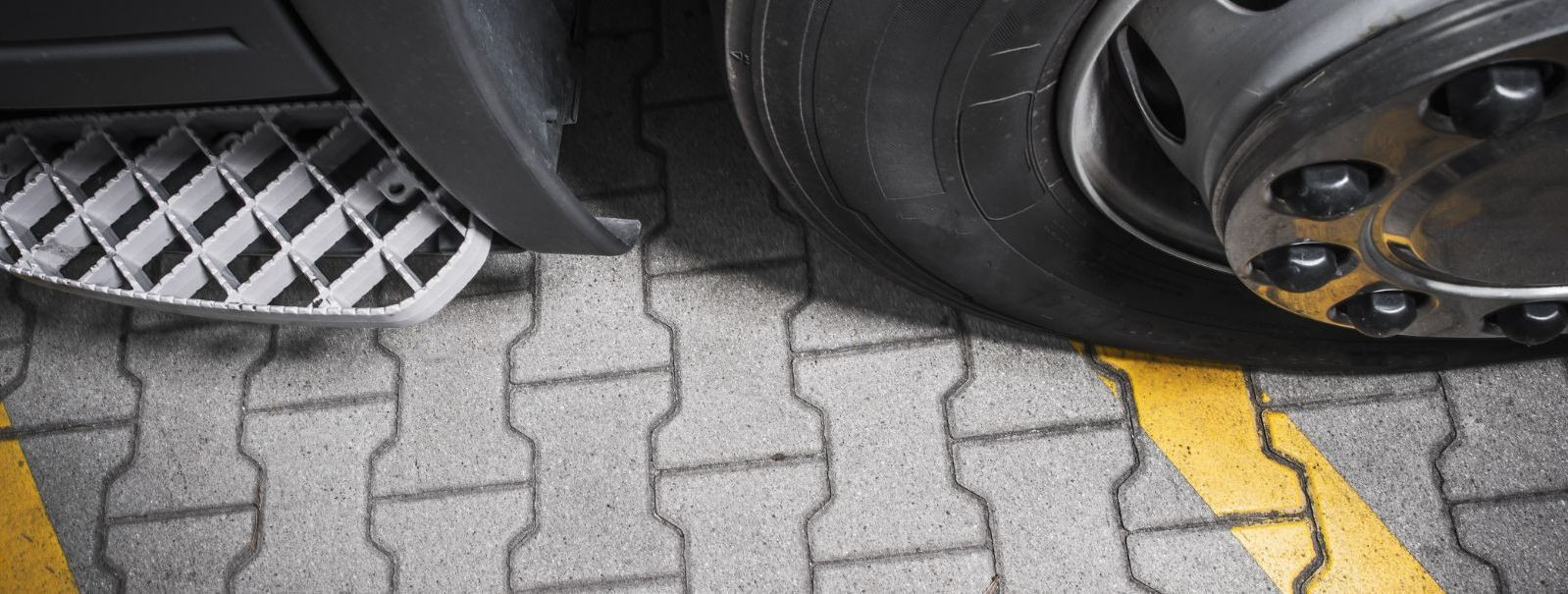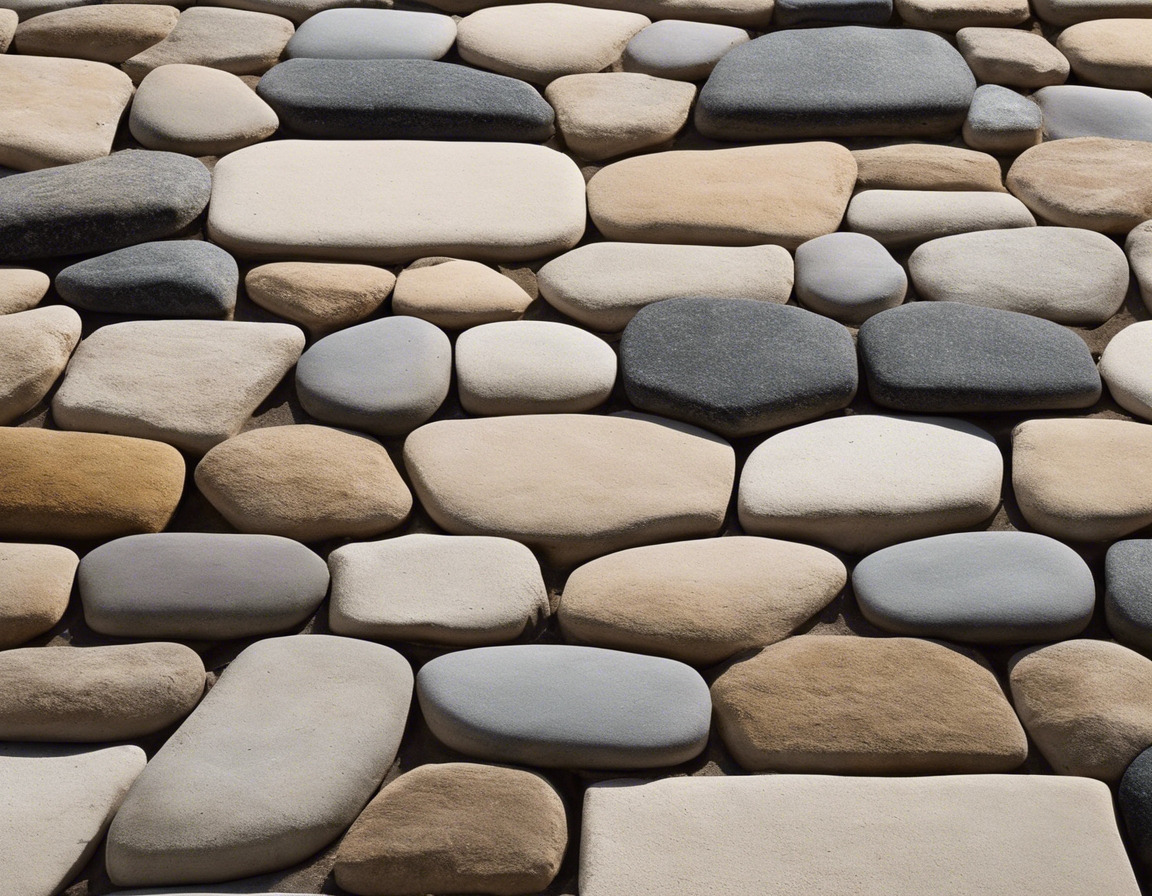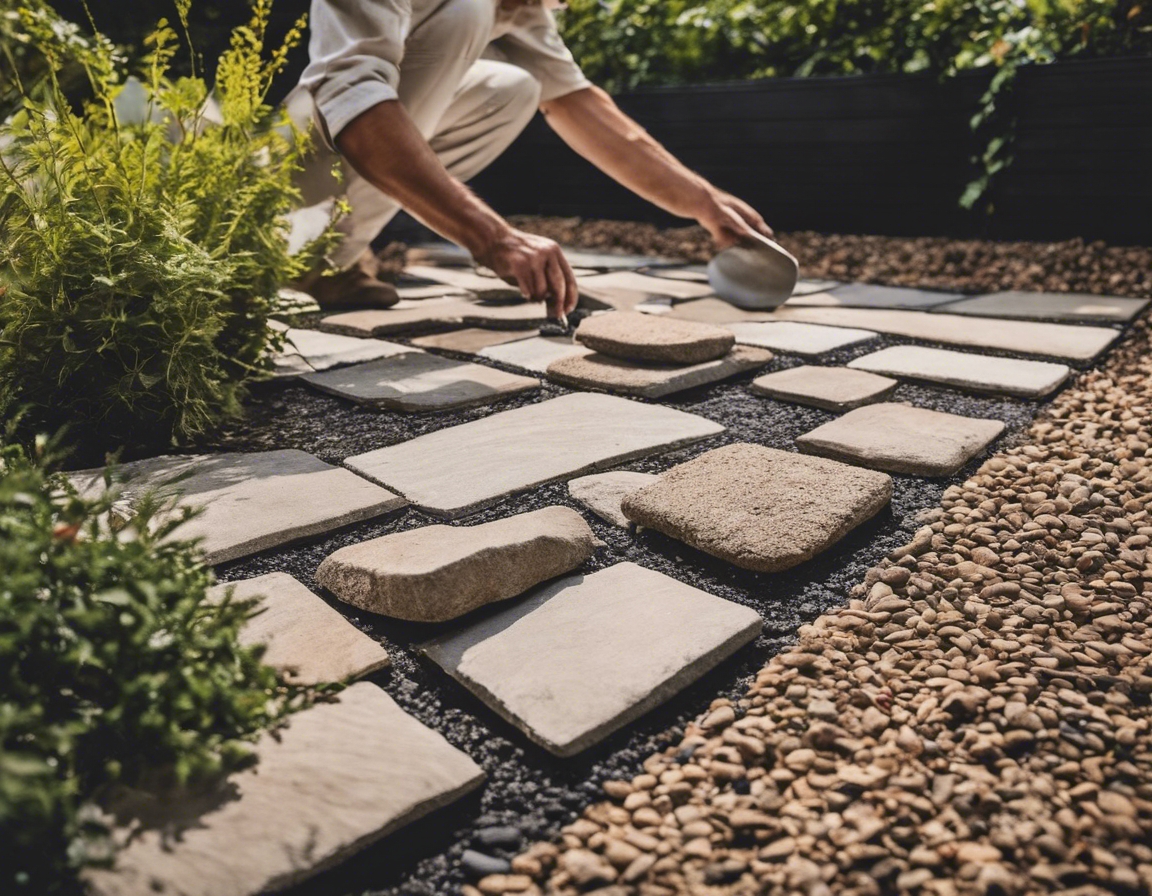The ultimate guide to choosing paving stones for your driveway
Paving stones, also known as pavers, are a popular choice for driveways due to their durability, versatility, and aesthetic appeal. They come in various materials, including concrete, natural stone, and clay, each offering unique benefits and challenges.
Paving stones are known for their strength and ability to withstand heavy loads, making them ideal for driveways. They also offer flexibility in design, with a wide range of colors, textures, and patterns available. Additionally, pavers are relatively easy to repair as individual stones can be replaced without affecting the entire driveway.
Common types of paving stones include concrete pavers, brick pavers, natural stone pavers, and porcelain pavers. Each type has its own set of characteristics that can influence your choice depending on the desired look and functionality.
Factors to Consider When Choosing Paving Stones
It's essential to select pavers that can endure the wear and tear of daily use and varying weather conditions. High-quality materials will ensure longevity and reduce the need for frequent repairs.
Consider the level of maintenance you are willing to commit to. Some pavers require more upkeep than others to maintain their appearance and integrity.
The appearance of your driveway can significantly impact the curb appeal of your property. Choose pavers that complement the style of your home and landscape.
Climate can affect the performance of paving stones. Materials that are resistant to freeze-thaw cycles, heat, and UV exposure are crucial in certain regions.
Driveways must support the weight of vehicles. Ensure the pavers you choose are designed to handle the load without cracking or shifting.
Color and pattern choices can either enhance or detract from the overall look of your driveway. Consider the interplay of colors and how patterns can create visual interest or complement the architecture of your home.
The size and shape of pavers will affect the installation pattern and the visual scale of the driveway. Larger pavers can make a space appear more expansive, while smaller ones offer more intricate design possibilities.
Eco-friendly options, such as permeable pavers, allow water to seep through and reduce runoff, which is an important consideration for sustainable landscaping.
Cost can be a deciding factor when choosing paving stones. It's important to balance your budget with the quality and features you desire for a long-term investment in your property.
Installation and Preparation
A proper base is critical for a long-lasting driveway. This includes excavation, grading, and compacting the soil before laying a suitable sub-base material.
Professional installation ensures that the pavers are laid correctly, with even spacing and a level surface. It also involves proper edging to keep the pavers in place.
Maintenance and Care
Regular cleaning and occasional sealing can protect your pavers from stains and wear, preserving their appearance for years to come.
Even with durable materials, occasional repairs may be necessary. Understanding how to replace individual pavers or address settling issues will help maintain the integrity of your driveway.






Comments (0)